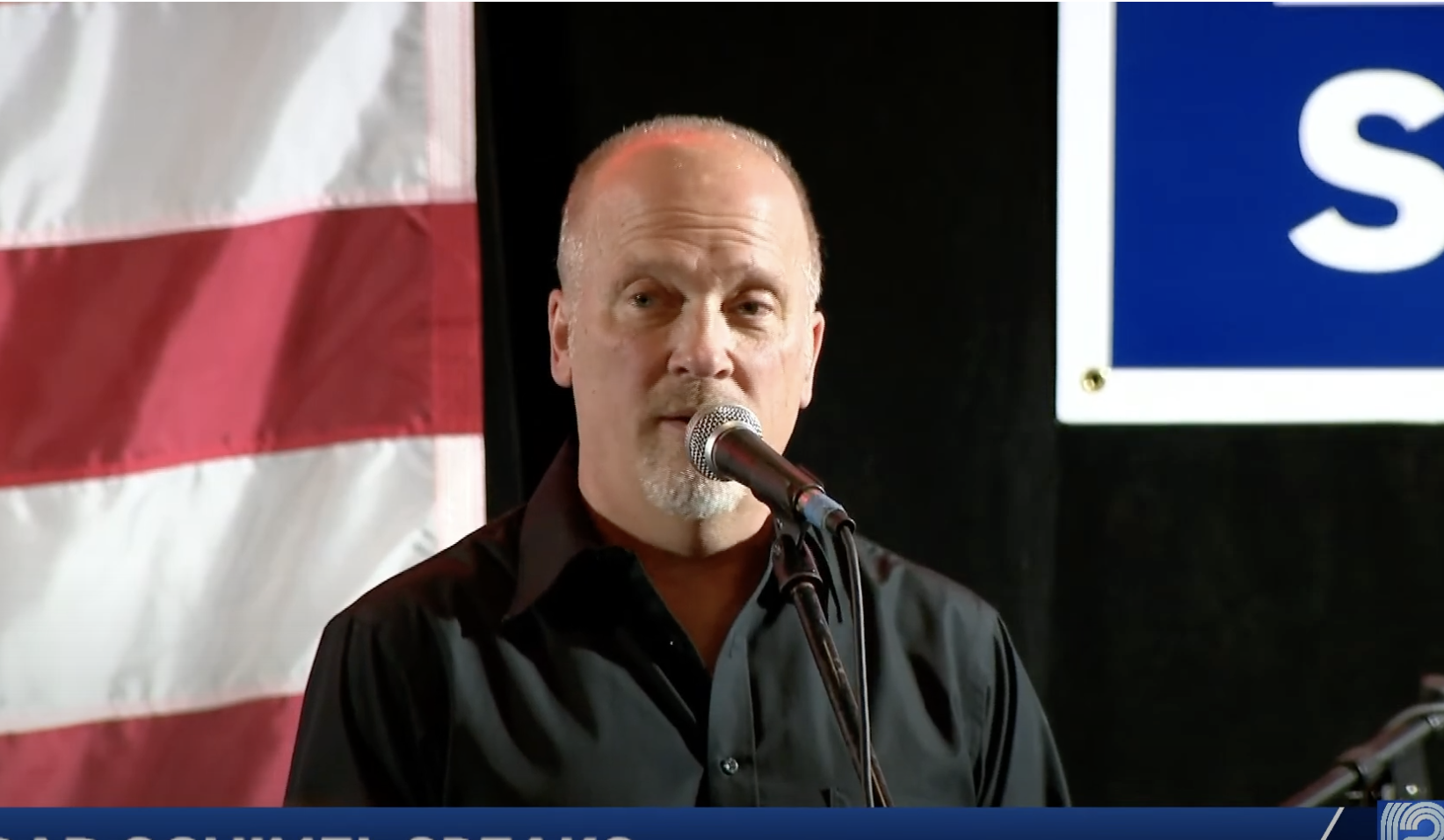Conservatives find pitfalls in ‘necessary’ school choice victories
Conservative education experts celebrating a swath of school choice victories in a number of states are warning that while school choice is a “necessary” policy, government-funded private education is not a panacea.
On Thursday, Oklahoma became the fifth state this year to enact some form of universal school choice, joining Arkansas, Florida, Utah, and Iowa. West Virginia and Arizona also enacted universal school choice programs in the past two years.
WHITE HOUSE NOT BUDGING ON WORK REQUIREMENTS, CAUSING AN IMPASSE IN NEGOTIATIONS
But the flurry of school choice victories has Jeremy Tate, the CEO of the Classic Learning Test, warning that the policy could ultimately be a hollow victory if not accompanied by a strategy to confront entrenched problems in an education ecosystem he says is dominated by liberal orthodoxy.
Tate, in an interview with the Washington Examiner, explained that textbook publishing and standardized testing, both of which he said tend to cater to liberal politics, affect private education just as much as public education.
“The actual impact of school choice, if you’re still beholden to the College Board, is going to be pretty limited,” Tate said, referring to the entity that provides the SAT test. Tate created the Classic Learning Test, or CLT, as a competitor to the mainstream SAT and ACT, the two standard college entrance exams.
But the issue goes beyond standardized testing. Tate says that he sees textbooks as another major pitfall that parents should be aware of as they look to take advantage of school choice programs.
“If a private school, a Catholic school, a Christian school are using public school textbooks and public school assessments, the textbooks are going to drive the curriculum itself,” he said.
When choosing a new school, parents need to check the textbooks, Tate said. One solution, he said, is eliminating textbooks completely and embracing primary sources.
“A lot of the classical schools, they don’t have any textbooks, and they’re just using primary sources,” Tate said. “So these kids are not reading about the influence of Aristotle or Plato in the textbook, they’re just literally reading the Republic instead.”
Despite the possible problems with private education, Heritage Foundation education expert Jonathan Butcher told the Washington Examiner that school choice is “a necessary but not sufficient solution to what is happening in education in the United States.”
Butcher explained that, at the very least, school choice gives parents the option to enroll their children in a different school that may serve their needs better, noting that changing schools is no small feat and can be taxing on a family. Still, he said, it’s important to remember that problems with a school will vary by location.
“Across all 50 states, there may be problems that are similar from one place to another, but they’re never going to be exactly identical,” he said. “There is going to be a menu of different policy solutions that we have to be ready to put in place.”
CLICK HERE TO READ MORE FROM THE WASHINGTON EXAMINER
Butcher cited school resource officers, teacher certification requirements, and the quality of online services that a school uses as just some of the challenges faced by education institutions that are not easily solved simply by enacting school choice.
“We really could talk about any number of things, and I think that’s why there are some schools that are going to do an excellent job at meeting the needs of the families who choose them, and they won’t meet the needs for somebody else,” Butcher said. “We’re going to have to be focused on what individual students need and making sure that there are options for them and be ready to work on it from a lot of different angles.”
" Conservative News Daily does not always share or support the views and opinions expressed here; they are just those of the writer."





Now loading...